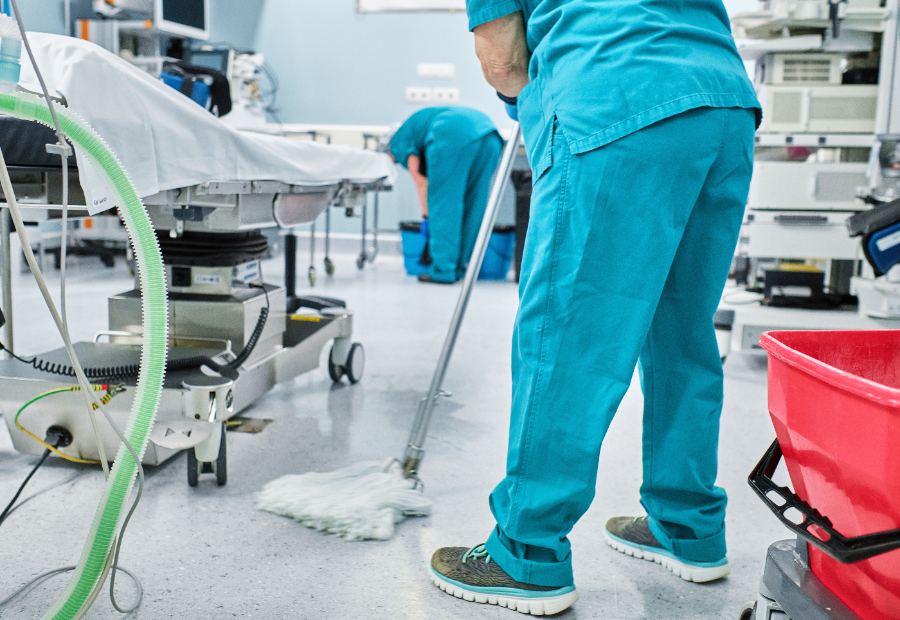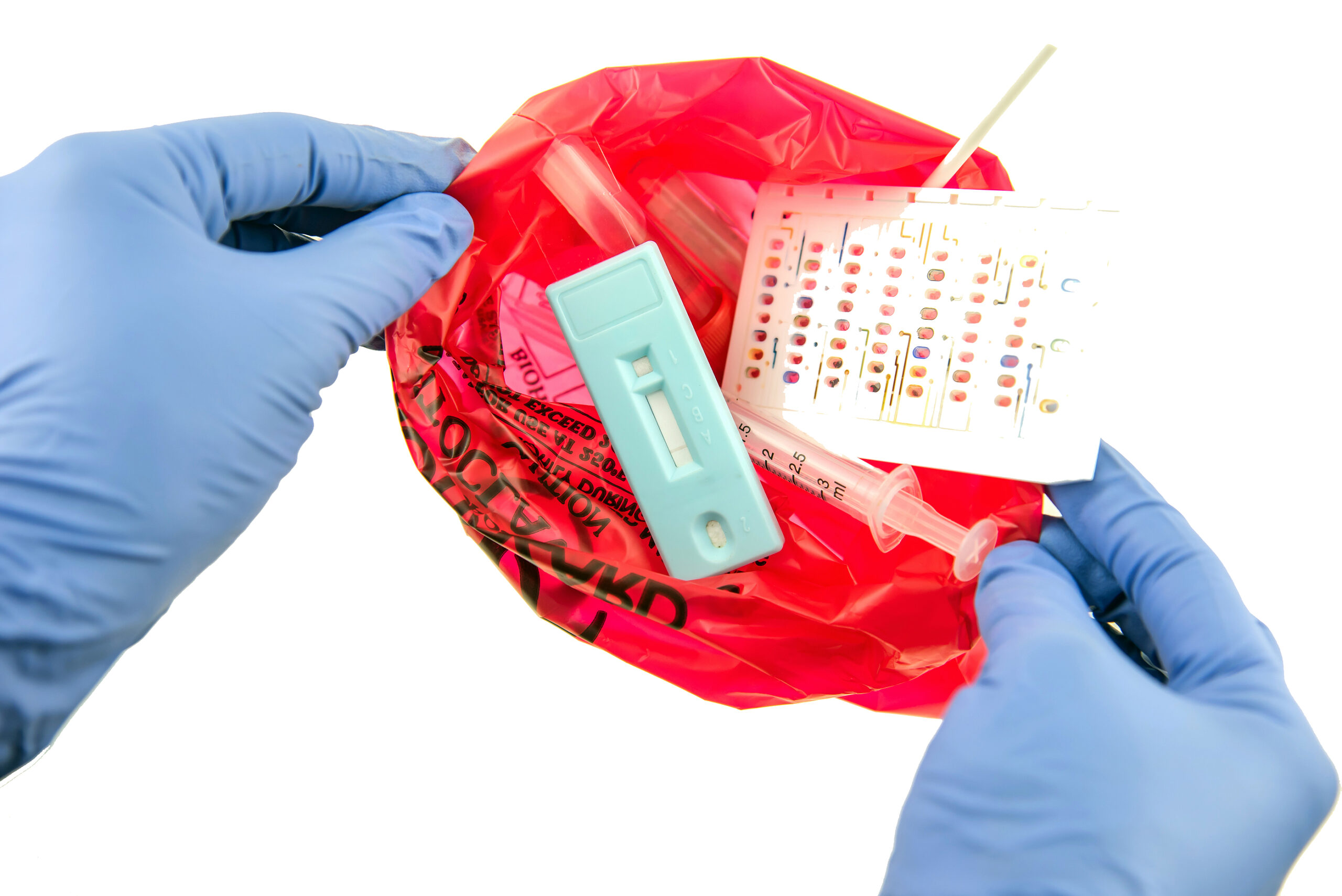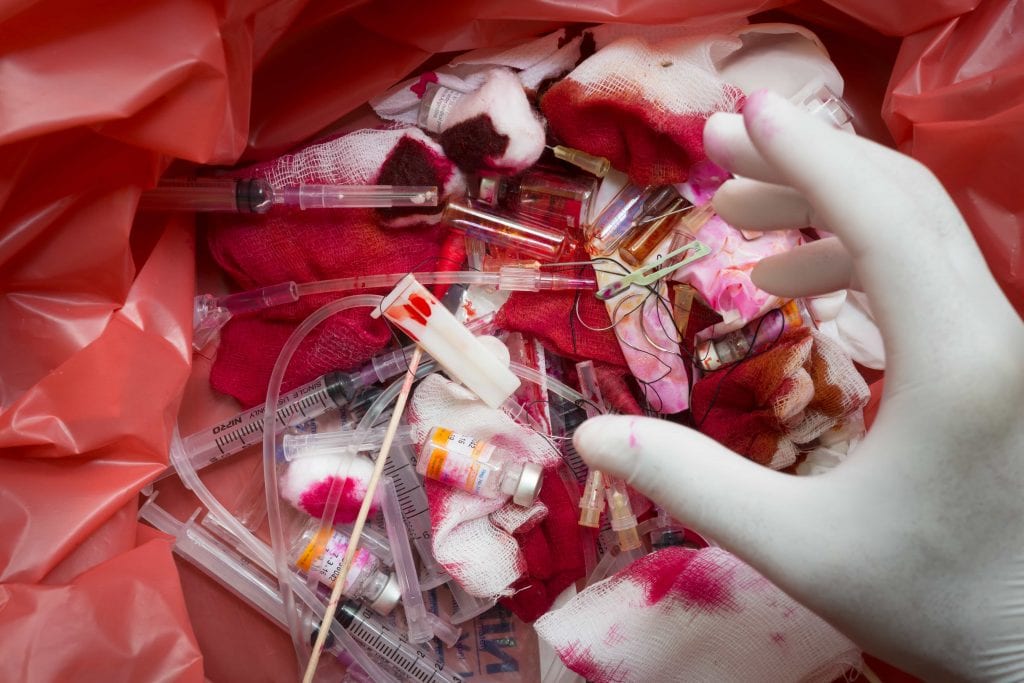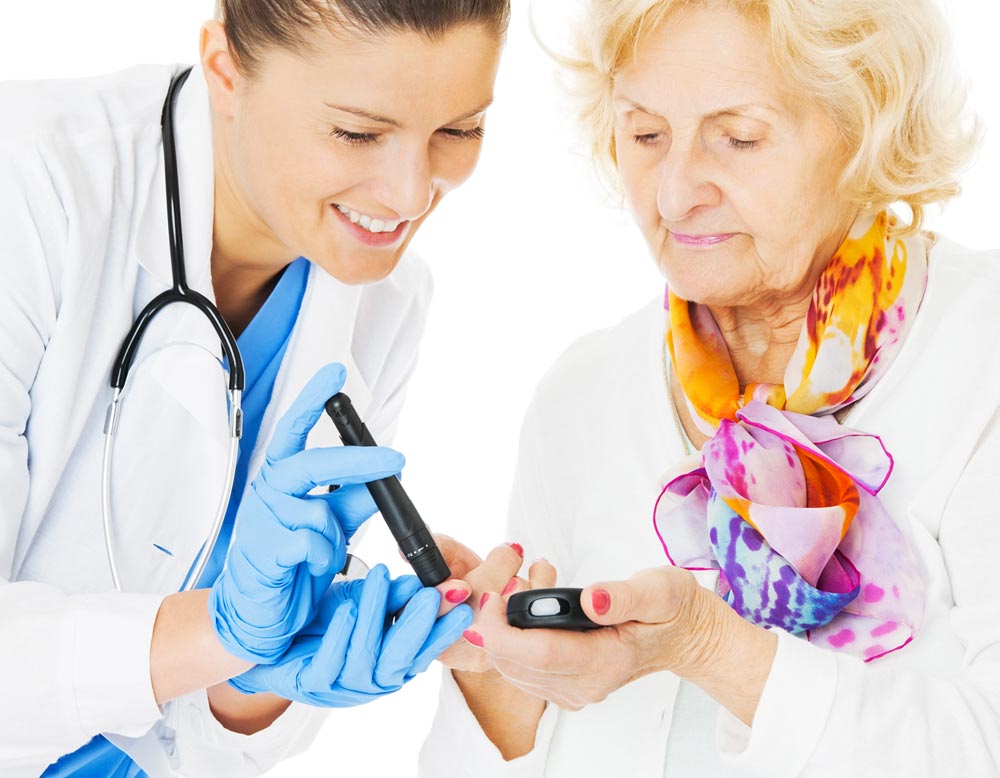Hospital hygiene and Regulated Waste Management directly affect patient health and recovery. You can discover five effective practices to promote it.
In Virginia hospitals, even small mistakes can lead to serious consequences.
Proper hygiene and Regulated Waste management are crucial for the safety of patients and healthcare professionals. Florence Nightingale, the pioneer of modern nursing, began her work during the Crimean War (1853-1856) and transformed hospital hygiene. Her practices reduced the mortality rate among soldiers by over 40%.
Today, her insights still guide hospital cleaning and disinfection processes. Enhancing hygiene practices further is essential. Here are five best practices that promote patient health.
Hospital Hygiene: What Is It?
Hospital hygiene in Virginia is crucial for maintaining a safe and clean environment in healthcare settings. It focuses on practices that prevent infections and protect patients, staff, and visitors.
By implementing targeted measures against bacteria, viruses, and fungi, hospitals can effectively reduce infection risks in areas like emergency rooms and operating theaters.
Strong hospital hygiene protects individual health and enhances community well-being. Through dedicated hygiene efforts, we can ensure a healthier future!
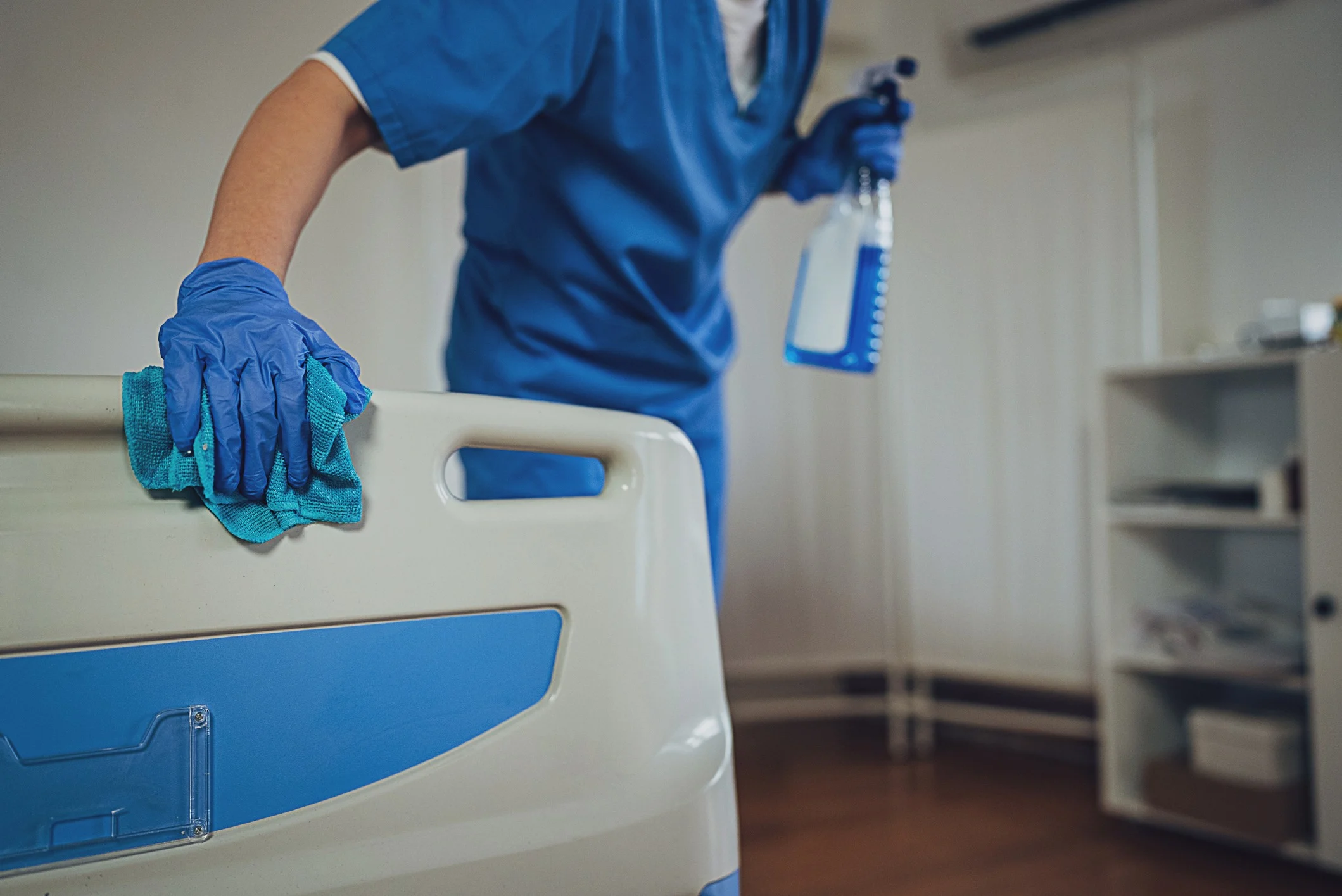
1. Develop Thorough Sanitation Procedures
Every area in a hospital setting in Virginia plays a vital role in maintaining a safe environment, and it is essential to recognize that contamination risks can exist everywhere.
We can make a significant difference by developing detailed sanitation processes and hygiene plans, including regulated medical waste management, and customizing these procedures for each area to ensure we use the best products and materials.
Simplicity can also be effective; implementing clear guidelines regarding product quality and personal protective equipment for healthcare professionals and cleaning teams is crucial for the success of any hygiene program.
2. Ensure Consistent Quality Standards
Keeping a watchful eye on quality standards equips hospitals, clinics, and laboratories to enhance operational processes. Regular audits of hygiene practices strengthen protocols and empower healthcare teams.
By investing in specialized training for staff focused on hospital hygiene, establishments can ensure that their norms are met and continually assessed for improvement.
Where hygiene standards are in place, there is always an opportunity for growth through key performance indicators and action plans.
3. Offer In-Depth and Impactful Training
Everyone involved in hygiene practices must be well-trained to foster a clean, sterile, and well-prepared environment for all medical activities.
This includes staff handling everything from hand washing to waste sorting and containment and product handling protocols.
Educating cleaning services, healthcare professionals, and even patients on the importance of hygiene is critical, especially for the most vulnerable. Each individual can play a key role in preventing contamination and infection.
4. Implementing Effective Waste Management Procedures
Hospital waste, including Regulated Medical Waste (RMW) in Virginia, isn’t just an environmental concern; it also poses significant health risks. Efficient waste management strategies are fundamental, including safe transportation to specialized sorting facilities and proper storage.
Waste generated during prevention, diagnosis, treatment, or academic purposes must be appropriately classified based on management needs. This enables hospitals to establish the proper risk assessments for various materials, ensuring safety for all.
5. Embrace automation to enhance efficiency
New technologies are revolutionizing hygiene processes, making them safer and more efficient. Innovations like microfiber cloths, advanced disinfectant formulas, self-disinfecting surfaces, and touchless decontamination systems are transforming practices within the healthcare sector.
Integrating these cutting-edge solutions can elevate our sanitation efforts and create a healthier environment for staff and patients!
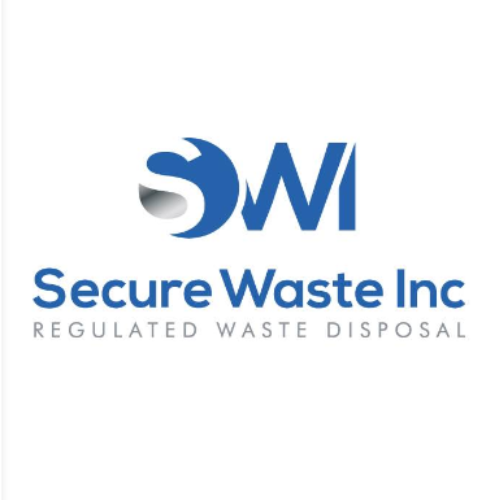
Expert Medical Waste Management: With over 25 years of industry experience, Secure Waste is a trusted local leader in hazardous and biohazardous waste disposal across Maryland, Virginia, and Washington, D.C. Specializing in medical waste management, sharps needle disposal, and biohazard waste removal, the company ensures full compliance with federal, state, and local regulations while prioritizing environmental sustainability.
The company also offers additional services, including secure document shredding and sharps container sales, providing comprehensive solutions for healthcare facilities and businesses. Our cost-effective services help clients maintain regulatory compliance without unexpected costs.
With a commitment to customer satisfaction, Secure Waste offers tailored waste management plans that align with industry best practices. Their team of experts provides reliable, timely, and compliant services, making them the preferred choice for medical waste disposal. For a free waste quote or more information, visit www.securewaste.net
